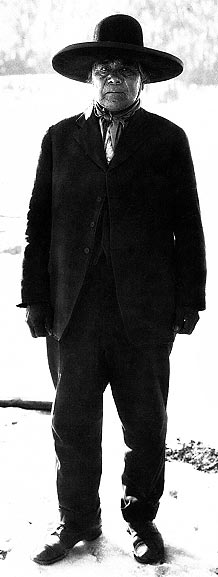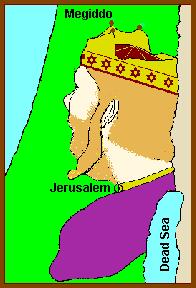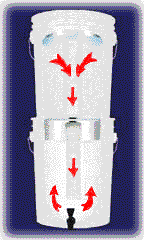A.I.M. infighting raises tough questions for the next generation of
leaders
by Maymangwa Flying Earth
We are the children of the ’70s, who grew up in the ’80s, began
to mature in the ’90s, and will meet our goals and live in the new
millennium. Our ancestors prophesied that the seventh generation are those
who will mend the sacred hoop of life and bring our people back to traditions
that once sustained our spiritual life. This is something I have been told
since I was a small child and I have heard it repeated numerous times by
many different people in my young life. The heart of the prophecy is about
healing, growth and renewal.
It is a difficult, confusing and challenging time to grow up as a young American
Indian person. Technological advances in communication inundate us with ideas
of globalization and individualism. The World Wide Web is quickly linking,
connecting and searching the world while many are being left out, namely
those without the financial and technological resources, which happens to
be many groups of indigenous peoples across the globe.
The difficulty, confusion and challenge of growing up in this time results
as we try to walk the many paths that have been laid out for us by our relatives,
ancestors and not-so-far-gone older generations. These paths are the result
of a long lasting fight for cultural pride and survival our ancestors and
older generations endured and struggled for since the arrival of the foreigners
to our land. A more recent history of the fight my generation is more aware
of began in the ’60s and ’70s, when the young people of the world
fought for human dignity and civil rights. The race riots of the ’60s
erupted across the United States and marked a time of social unrest. This
time also marked the beginning of the vocalization and organization of American
Indian voices. In a short three decades, we have seen the rebirth of a banished
cultural pride, the growing desecration and destruction of our environment,
and significant advancement for American Indian people in the areas of education,
science, literature, entertainment, government and tribal self-sufficiency.
We have all come to know of the triumphs of the American Indian Movement.
This is undoubtedly a significant part of our history and growth as Indian
people. In recent news, we have been made aware of the public bickering and
arguing among past and present American Indian Movement members. One can
pick up a newspaper and read of the accusations being made by Russell Means
and Ward Churchill against one faction of AIM and its current leaders. One
may also read the responses to these accusations. We, the readers, are left
questioning the truth and perhaps find ourselves in a predicament. Do we
honor unconditionally what has brought us here, to a point beyond the ’60s
and ’70s sentiment of assimilation and acculturation? Do we discredit
an organization because of its mistakes? And what exactly are we questioning:
the organization, its leaders or what is said?
It is a challenging task for Native youth to become aware of and discuss
the mistakes in our history. However, our role as respectful and honorable
youth dictates this. We are taught to respect our elders and honor what they
have done in their lives. We are also taught that leaders are those who are
chosen by the people because of their qualities of generosity, wisdom, fortitude
and respect for the people. Yet we walk a very fine line; do we respect any
elderly person who calls him- or herself an elder? Do we respect the
person’s age but not the disturbing action? Do we honor anyone who calls
him- or herself a leader? These are some of the questions we must ask ourselves
in order to maintain our roles as responsible Native youth.
Our history is rich and does not begin 500 years ago. Everything from our
history that has brought us into this new millennium teaches us how we must
behave and honor each other and ourselves. The challenge lies in remembering
this history and acting as one who remembers it. Jealousy, hate, anger and
greed do not honor our history or each other. This is something we must remember
when we hear or read of what our older generations are doing. As we live
our own lives and begin to raise our families, we must also remember that
we, as responsible Native people, owe accountability to our history and our
people.
This history is a burdensome yet liberating load to carry. In knowing our
history comes the difficulty in knowing that it is not all positive and
honorable. We have to be aware of all triumphs as well as mistakes. This
is difficult. However, this is a task we must honor and teach to our children
in order to mend the sacred hoop of life and fulfill the seventh generation
prophecy of our ancestors.
Maymangwa Flying Earth is of the Standing Rock Lakota, White Earth Ojibwe
and Akimel O’ odham nations. She is a recent graduate of the University
of Minnesota and works for the Minneapolis Department of Civil Rights. She
welcomes any comments, criticisms or concerns.
WEBMASTERS:
Click here to generate maximum cash for your web site!





























